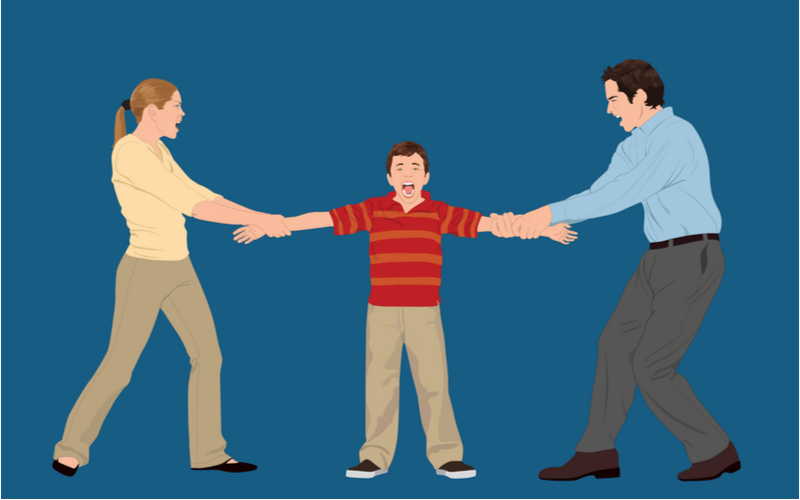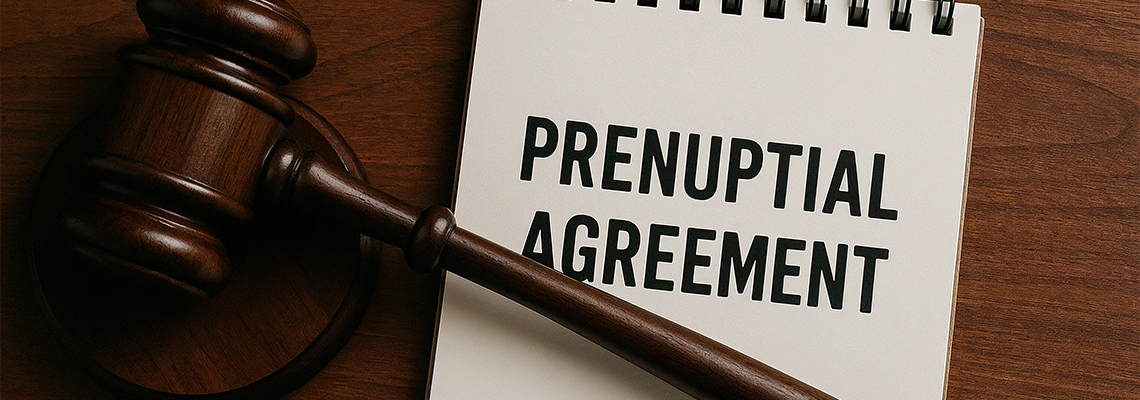
Going through a divorce or breakup is difficult – even if you are the one who decided to leave. When you add children to that situation, it can heighten the stress and emotions exponentially. Both parents have rights to the children and ideas about what should happen after the split. Those ideas may not line up with one another. What happens if parents cannot come to an agreement on custody? It can feel intimidating to navigate a custody battle – especially if it is a new process for you. Ideally, you and the other parent would be able to find an agreement that works for both of you. If that is not possible, there are provisions in the law to deal with this type of situation.
What Types of Custody Are There?
There are two main types of custody – legal and physical. You and your child’s other parent both have rights when it comes to these types of custody. Legal custody is what gives parents the right to make decisions about their child’s life. This can include things like education, medical care, religious affiliation, and more. Physical custody refers to where the child actually resides. If there is no history of court intervention for you or your ex, then you both have equal rights when it comes to custody. Since you both have equal custody rights, neither of you has the final say when it comes to what is in the custody agreement. If your ex is not on board with what you want in regards to custody and you are unwilling to negotiate, the courts will have to get involved.
Where Do Parents Go when They Need Help with A Custody Agreement?
The first step in trying to come to a custody agreement that works for everyone is to go to mediation. A mediator can be a neutral third party who helps you talk with your ex about the options for custody. The goal of mediation is to find a custody arrangement that is in the best interest of the child and can be agreed upon by both parents. If you can come to an agreement through mediation, you can avoid a court custody battle. You can get help from a lawyer at any point in this process to make sure you are making the best decisions for your child and yourself. If parents simply cannot agree on a custody arrangement, they will eventually end up in court. Ultimately, you must do what you think is best for your child. If the custody arrangement your ex wants is not what you think is best, get in touch with a lawyer who is an expert in custody cases. The custody arrangement will have a direct impact on your life and that of your child. Take the steps necessary – and get the right help – to come up with a custody agreement that is in the best interest of your child.



